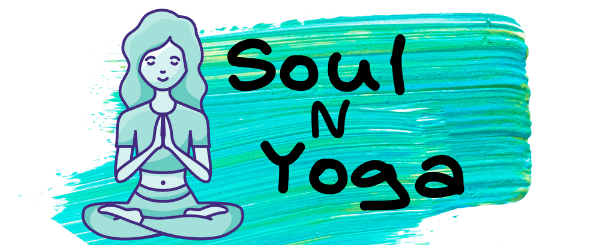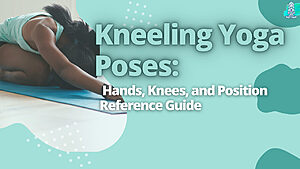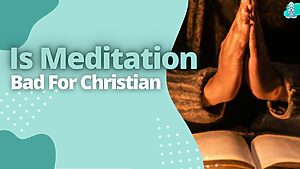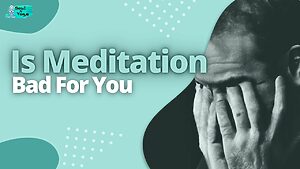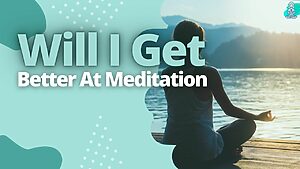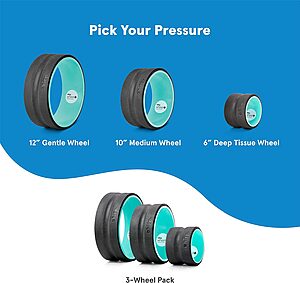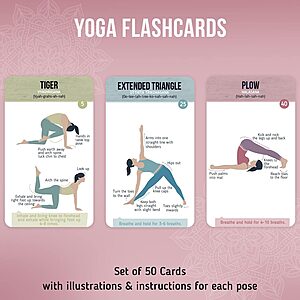Meditation is a great way to relax, focus, and de-stress. But with so many different types of meditation, it can be hard to know which one is right for you.
So, what’s the difference between focus and guided meditation? Focus meditation focuses on your breath or a certain mantra or phrase. Guided meditation involves following along with a pre-recorded or live voice that guides you through the process.
In this blog post, I’ll break down the two most popular types of meditation – focus and guide – to help you decide which one is right for you. Read on for a full breakdown of both types of meditation.
Key Takeaways
- The topic of whether focused meditation or guided meditation is superior has no clear-cut solution.
- Both types of meditation have unique benefits, and it ultimately depends on the individual’s preferences as to which one they find more effective.
- Some people prefer focus meditation because it allows them to control their thoughts and completely clear their minds. In contrast, others may find guided meditation more helpful in relaxing and achieving inner peace.
- The best way to determine which type of meditation works better for you is to experiment with both and see which one you feel more comfortable with.

Here’s The Answer To Which Meditation Is Better, Focus Or Guided
The response to this question mostly depends on the person asking it and their unique demands.
Focus meditation may be more beneficial for some people because it allows them to clear their minds of all distractions and focus solely on their breath.
This can be helpful for those who have a lot of thoughts running through their head or who tend to get easily distracted. Guided meditation, on the other hand, can be helpful for those who find it difficult to quiet their mind.
With guided meditation, you listen to a voice that leads you through the process and helps you to focus on your breath. This might be very beneficial for those just starting off with meditation.
Both types of meditation have been shown to offer numerous benefits, including stress relief, lower blood pressure, improved self-awareness, and more.
The easiest approach to figure out which meditation method is best for you is to try them both out and see which one suits you.
Focus Meditation Involves Focusing On A Single Point, Such As Your Breath Or A Mantra
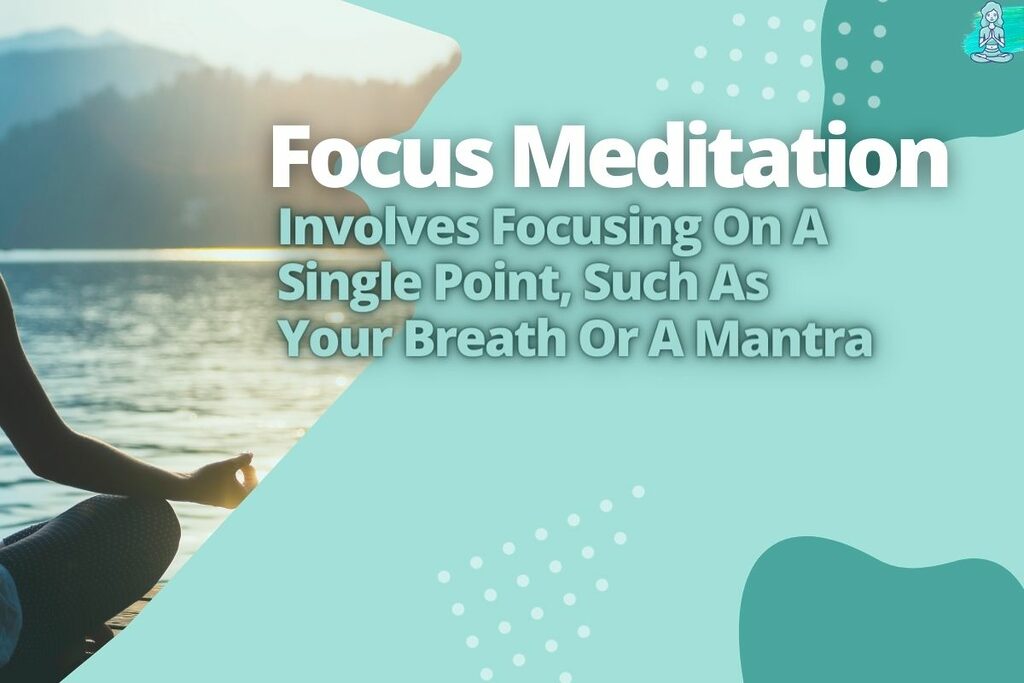
Focus meditation involves focusing on a single point, such as your breath or a mantra. It’s a good way to start meditating if you have never tried it before.
Focus meditation can help with concentration and focus, but it might not be the best choice for people who want to relax or de-stress.
Guided meditations are designed to lead you into deep relaxation while focusing on certain themes, such as stress reduction and healing.
Guided meditation often involves music and sounds that guide your mind through different relaxation stages as you listen (though this is not always the case).
Guided Meditation Involves Following Along With A Guided Audio Recording
Guided meditation is when you listen to a guided audio recording that tells you what to do. You don’t have to think about how to breathe or what mantra to use during your session.
The person on the recording is responsible for guiding you through it, so all you have to do is follow along with them!
Beginners benefit greatly from guided meditations since they can utilize them to set the correct mood for their initial sessions.
Many people find guided meditations calming and relaxing, which can be especially helpful if anxiety has kept them from trying meditation in the past.
However, some experts believe that guided meditations aren’t as beneficial as focus meditation for several reasons.
Both Types Of Meditation Can Be Effective For Reducing Stress And Anxiety
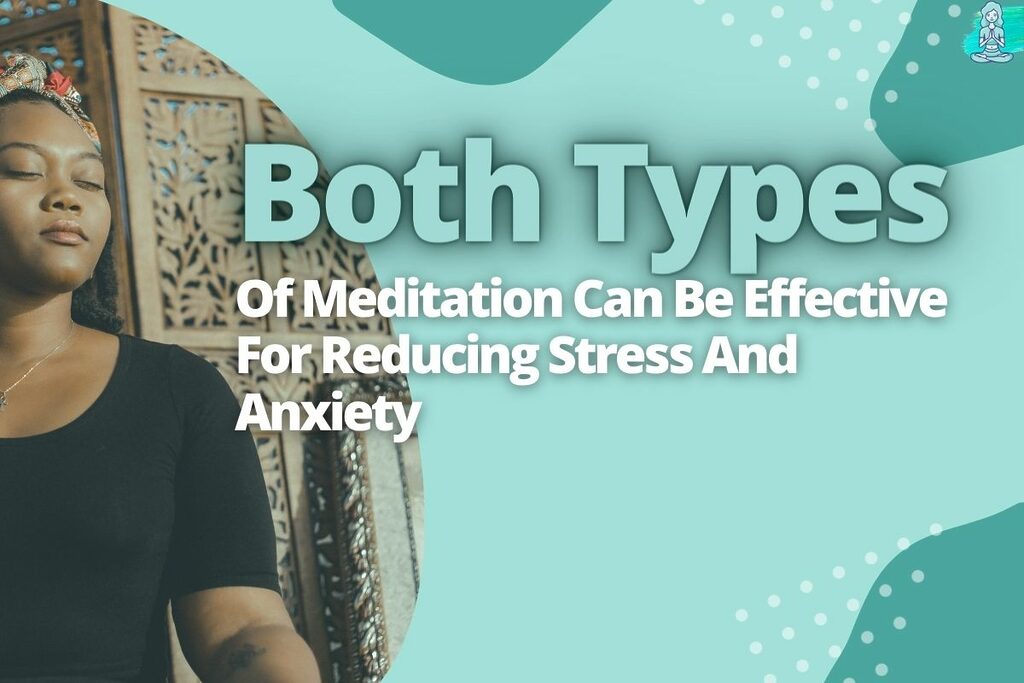
Both types of meditation are effective in reducing stress and anxiety. Still, if you’re looking for a more specific way to improve your mental health, focus meditation could be the answer.
Guided meditations can help relieve pain and improve sleep quality, while focus meditations can help improve attention and concentration.
So if you want to reduce stress and anxiety while improving your attention span—or even lose weight—focus meditation may be right for you!
Focus Meditation May Be More Effective For Improving Attention And Concentration
“Focus meditation is one of the most basic and common techniques in mindfulness practice. It entails concentrating on a single thing for a predetermined amount of time, such as your breath or a mantra.
This can help improve attention and concentration, which are important for developing a focus in daily life.
Many people find this type of meditation particularly useful because it helps you stay present in the moment instead of letting your mind wander onto other thoughts that may or may not have any value to them at that time.
Find yourself easily distracted by things like buzzing lights or sounds around you. Focus meditation might be right up your alley.
Guided Meditation May Be More Effective For Relieving Pain And Improving Sleep Quality
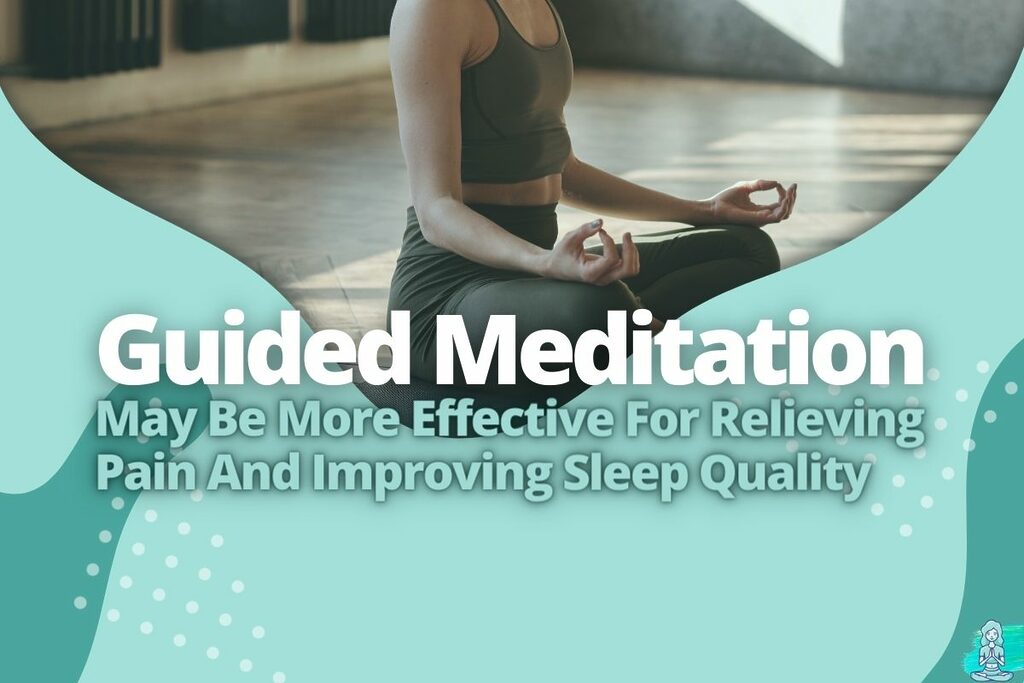
Guided meditations can be helpful for pain relief, and they also help you fall asleep faster and sleep better. Guided meditations are often used to relieve pain.
A study published in 2008 found that guided meditation was more effective than other relaxation techniques when it came to reducing chronic lower back pain.
And another study found that people who listened to guided meditation reported less pain after the session than those who listened to music or nothing (the control).
This means that if you have trouble sleeping because of chronic pain, it may be beneficial for you to try a guided meditation before bedtime.
This might involve listening while lying down or sitting quietly with your eyes closed. Still, the key thing is making sure the focus isn’t on anything specific—not even on relaxing your muscles or clearing your mind—because then you’ll be thinking about how much better life would be if only.
The Difference Between Focus And Guided Meditation
There are many various styles of meditation that have grown in popularity in the West. Two of the most common are focus and guided meditation.
Guided meditations involve following along with an audio recording as you relax and clear your mind. The guidance can be guided by an instructor or by recording someone else’s voice.
Focus meditations, on the other hand, involve focusing on a single point, such as your breathing or a mantra, to keep your mind from wandering off into stressful thoughts (which is why we often call them “mindfulness” exercises).
Both types can effectively reduce stress and anxiety if practiced regularly but have key differences that may appeal to different people depending on their preferences.
How To Get Started With Focus Or Guided Meditation?
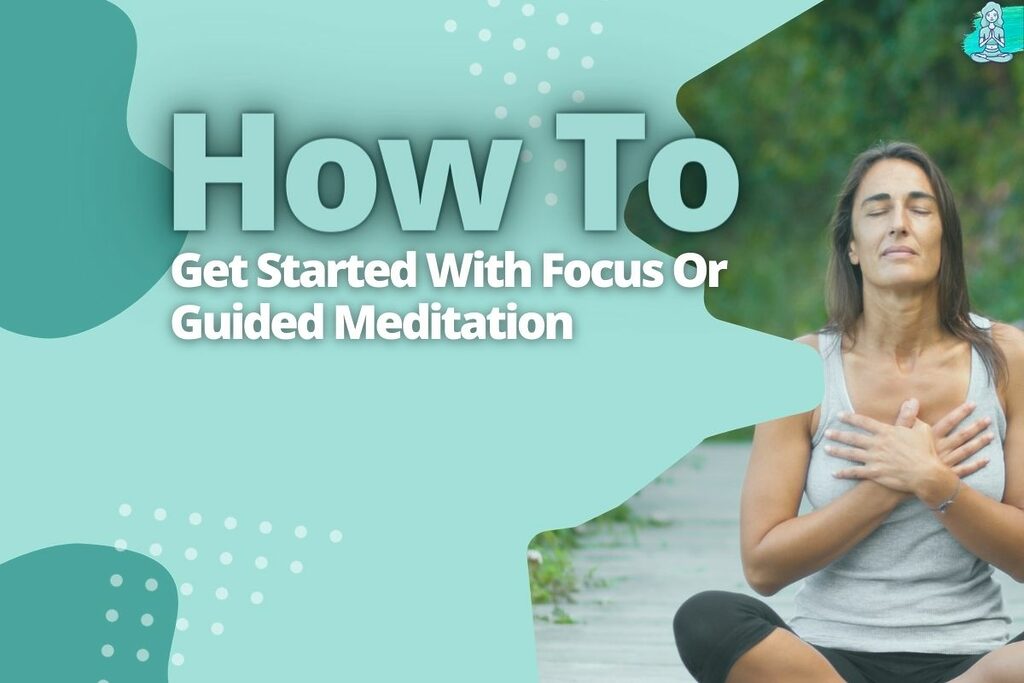
You just need to locate a calm area and take a seat. Focus on your breathing for about 10 minutes or until you reach the end of your chosen guided meditation.
You’ll want to focus on something that will help you relax and calm yourself down – such as counting your breaths or repeating a mantra. You can also set up a timer for 20 minutes if you want an extra challenge.
For this type of meditation, you don’t necessarily need any expensive equipment or special programs; all you need is some persistence and willpower. If it helps, try earphones so no one will disturb you while practicing.
Conclusion
Focus meditation could be a wonderful option if you wish to increase your ability to focus and concentrate. However, guided meditation can be a better choice if you’re searching for more direction and instruction in your practice.
The best meditation technique is ultimately the one that works best for you. So, if you’re unsure which type to try, why not experiment with both and see what works best for you?
Focus meditation could be a wonderful option if you wish to increase your ability to focus and concentrate. On the other hand, if you’re looking for more direction and guidance in your practice, guided meditation might be a better option.
Frequently Asked Questions
How often should I practice meditation to achieve the most benefit?
Your daily meditation session can last as long as you like, as long as it lasts at least 10 minutes.
What are some tips for starting a regular meditation habit?
Some helpful meditation tips include setting a timer, focusing on your breath, and choosing a meditation practice you enjoy.
Is Guided Meditation better than Focus Meditation for achieving mental clarity and peace of mind?
It depends on your meditation practice and goals. Some people find Guided Meditation more helpful in achieving mental clarity and peace of mind. In contrast, others find Focus Meditation more calming. Ultimately, it’s up to you which type of meditation works best for you.
What are some tips for a successful meditation practice?
One of the key benefits of meditation is that it can help you focus and Concentrate. So, practice regularly, take breaks when needed, and be patient – meditation takes time to learn and master.
My name is Mugen Seki, and I’m a painter and yoga enthusiast who is passionate about bringing together art and exercise in ways that help people connect with their inner selves. When I’m not painting, I’m practicing yoga. And when I’m not doing either of those things, I’m usually thinking about them.
- How to Hold a Yoga Pose for 4 to 5 Minutes – Practical Tips
- A Guide to Finding the Perfect Yoga Mat for Carpet Floors
- Kneeling Yoga Poses: Hands, Knees, and Position Reference Guide
- Is Meditation Bad For Christians (The Surprising Answer)
- Is Meditation Bad For You (Don’t Believe Everything)
- Will I Get Better At Meditation (Understand The Secret)
